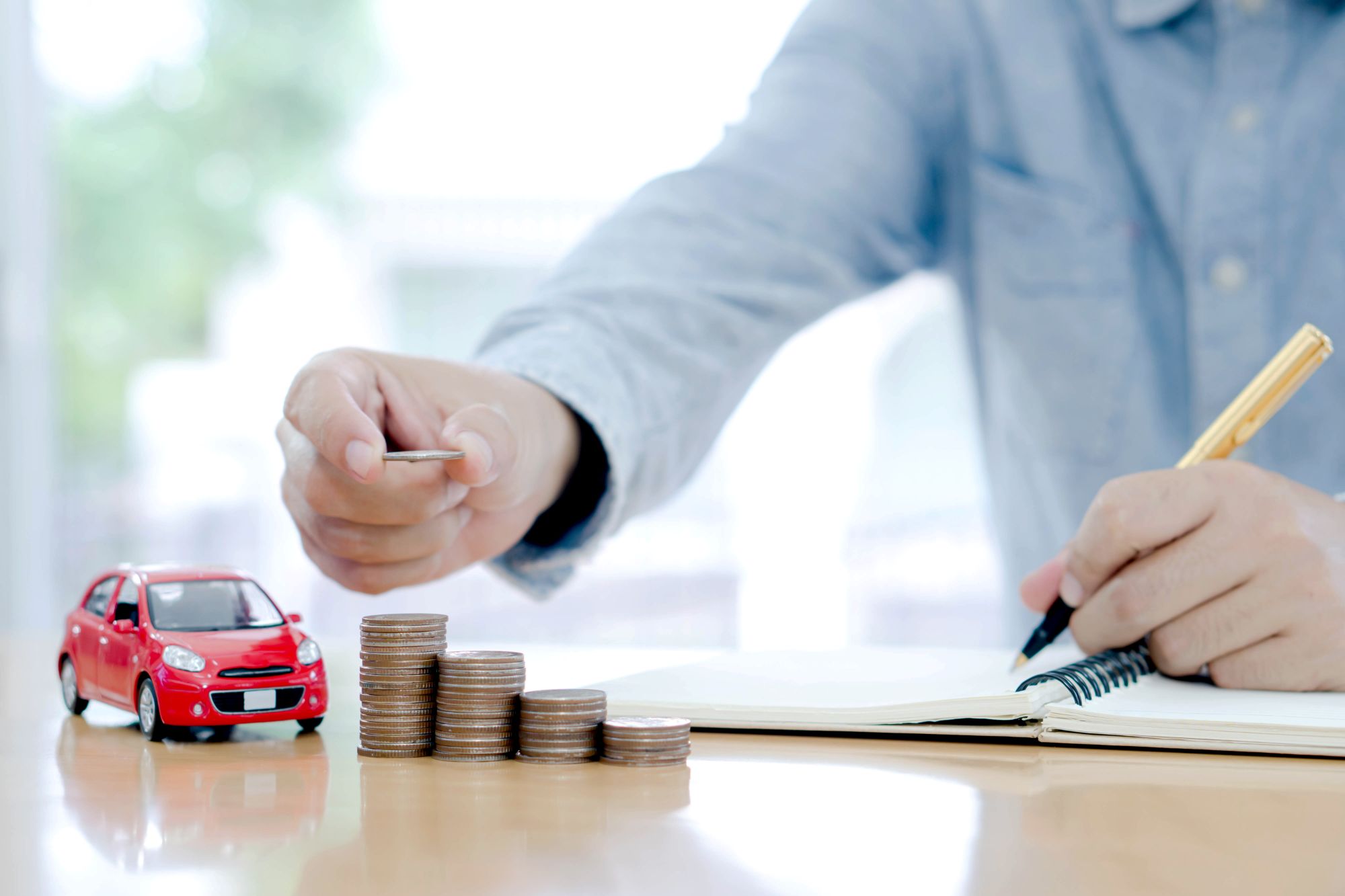To many of us, the economy works in mysterious ways but we all know that we’ll experience a recession at some time in our life. When a recession hits, the most common consequences include rising inflation and unemployment, along with difficulty securing loans, which can all impact our ability to pay our bills.
Now, while many economies around the globe have contracted in the past year, some experts agree that Malaysia is unlikely to enter a recession thanks to our economic diversification. With that being said, though, it’s always wise to prepare for the worst and protect ourselves.
And that’s what this article is here for – to provide you with some steps on what to do to prepare for a recession in case it hits us. So let’s look at simple tips on how you can strengthen your finances and reduce your car expenses.

1. Take Stock Of Your Finances & Create A Monthly Budget
The first step in preparing for a possible economic recession is to examine your monthly spending and adjust your budget. Knowing how much money is flowing into and out of your bank account can help you gauge where you stand financially and identify the best course of action to face a recession.
Write down your net income and expenditure every month, as well as how much you have in savings right now. Identify the categories you spend the most money on and see if they’re really necessary or if you can cut down on some of them. If most of your income is going towards car expenses or eating out, you might want to filter out things that you can spend less on so you can be more aware of your spending. Once you’ve looked at your expenses in detail, create or tweak your monthly budget and prioritize essential bills, expenses, and savings.
Read More: Prepare Your Car for the Rainy Season with a Car Rain-Repellent Coating
2. Pay Down Your Credit Card Debt
A credit card can be a real lifesaver when you’re short on cash, but if you depend on it too much and fail to settle your monthly bills in full, you’ll end up with a mountain of credit card debt. Most credit cards in Malaysia have a high-interest rate, with the average being 15 percent per annum. And the monthly bills can snowball very quickly if you carry them forward every month. So if you have a habit of paying off only the minimum payment on your credit card bill, it’s time to change that.
If you’re already carrying your credit card debt forward regularly, it’s a good idea to slow down spending with your card and pay off the balance as soon as possible first. That way, you’ll be free of high-interest debt. Next, limit your credit card use and be sure to pay off your bill every single month.

If your credit card debt is too high to settle in a few months, you can consider applying for a low-interest balance-transfer plan. This allows you to transfer your high-interest credit card debt to a low-interest payment plan with up to a 36-month payment term.
Read More: Why Right Now is the Best Time to Get a Pre-owned Car
3. Increase Your Emergency Savings
After freeing up your budget, the next step to prepare for a recession is to boost your emergency savings. Most experts recommend having a minimum of six months worth of your salary saved up to help you with your daily expenses and bills in case of financial emergencies. These include everything from car expenses to mortgages and groceries. If you haven’t already started building an emergency fund, the best time to start is now.
4. Keep Your Car in Top Condition
Owning a car is one of the most expensive commitments most people have but it’s also a necessity. To minimize the car ownership cost and prevent your car from becoming a liability, keeping it working as efficiently as possible is your best bet.
Make sure you follow your car’s maintenance schedule provided by the manufacturer and use quality parts when you service it. You should also regularly check the fluid levels and other components such as the windshield wipers, air conditioner, battery, air filter, brakes, lights, and tires. Doing so will allow you to catch issues early and prevent malfunctions that are costly to repair. Lastly, keep your tires properly inflated as this can help you save fuel and prolong the life of your tires.
5. Postpone Getting Non-essential Modifications & Accessories
It’s totally understandable that you’d want to spice up your car with mods and accessories to make it your own. After all, you probably drive it every day, spending hours behind the wheel each week. You might be eyeing that new infotainment system or aftermarket wheels but they do not actually make your car run better or keep it from breaking down.
Therefore, it’s best to put off non-essential modifications like these, especially when you’re trying to prepare for a possible recession. Instead, put that money into your emergency fund or in a low-risk investment, at least until the economy improves. With all that being said, it’s still important to identify when a modification or repair is essential so be sure to consult your mechanic before you decide to postpone or proceed with anything.
Read More: Most Fuel-Efficient Cars & How to Improve Fuel Efficiency

6. Find Ways to Save on Driving Expenses
While you can’t reduce your car loan payment, you can definitely find ways to reduce your driving expenses and other car ownership costs to have more cash on hand. Here are several tips to help you do that.
- Try to carpool to work. This saves you a lot of money and can also greatly reduce the wear and tear on your vehicle. You can find carpool buddies among people at your office, in your neighborhood, or even use carpool platforms such as WeRide where you can find recurring and one-off carpool buddies.
- Practice fuel-saving habits such as accelerating gently, maintaining a steady speed on the highways, avoiding sudden braking, and not overloading your car with random items.
- Avoid keeping your engine running when you’re parked as it not only wastes fuel but also increases wear and tear on your engine and air conditioning system.
- Group your errands together into one trip to avoid making multiple unnecessary trips and spending more on fuel. Also, plan the route for your errands to keep your mileage down.
- Avoid driving during peak hours to minimize the time you spend in traffic. If your workplace allows flexible working hours, it’s a good idea to enter and leave your office later when most of the traffic has subsided. You can also practice this when you have to drive outstation such as on a work trip or vacation.
We hope these tips will help you be better prepared to face a possible economic downturn. With that said, being financially prudent and practicing good driving habits are things that can help us no matter the economic situation, so feel free to incorporate them into your daily life!
Choose CARSOME for Affordability and Quality
If you need a car for your daily commute but are worried about preparing for a possible recession, your best bet is to find a quality, affordable pre-owned car like what we offer at CARSOME. Our cars not only come with fixed prices and no hidden fees but are put through a strict 175-point inspection to rule out major accidents and flood damage.
We also professionally refurbish all CARSOME Certified cars to ensure they provide the comfort and safety you deserve. Additionally, we offer a five-day money-back guarantee and a one-year warranty to give you extra peace of mind.
So what are you waiting for? Visit CARSOME today or download our app from the Google Play Store or Apple App Store!
